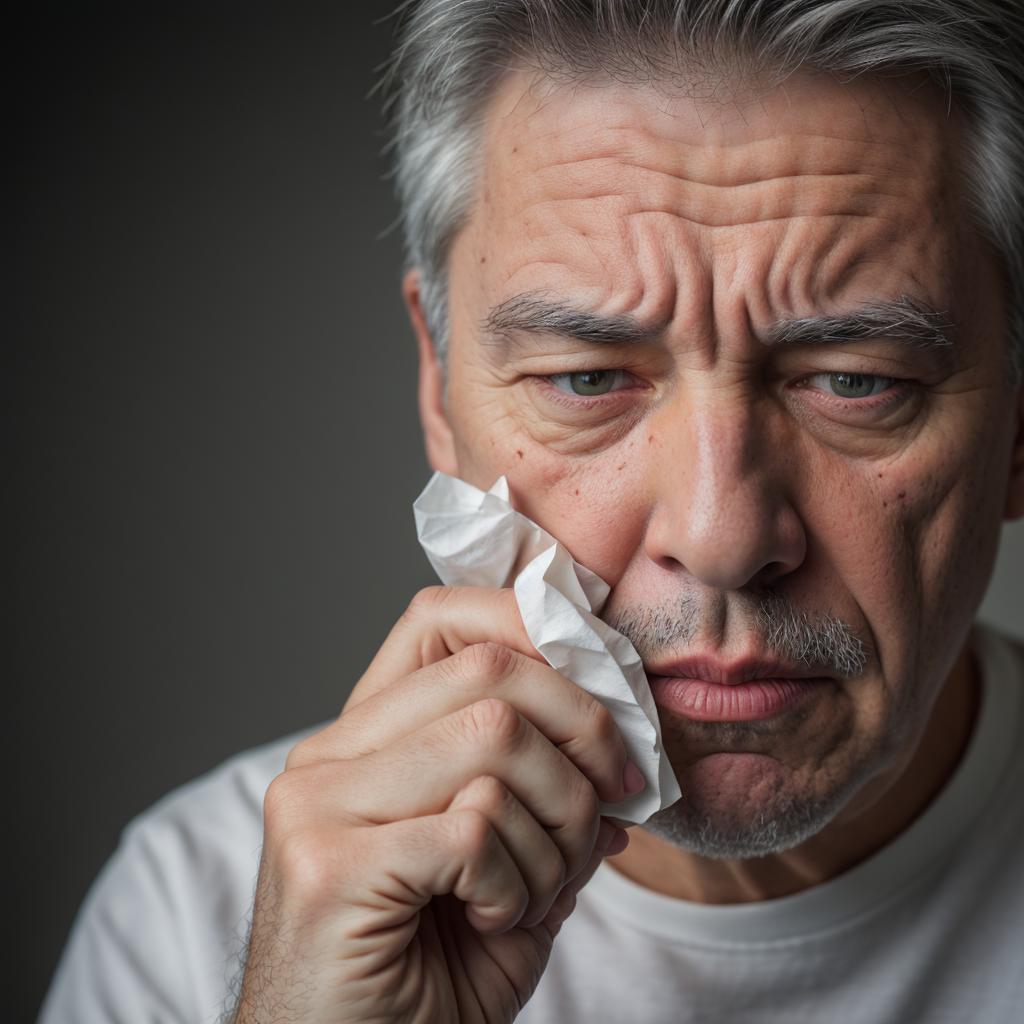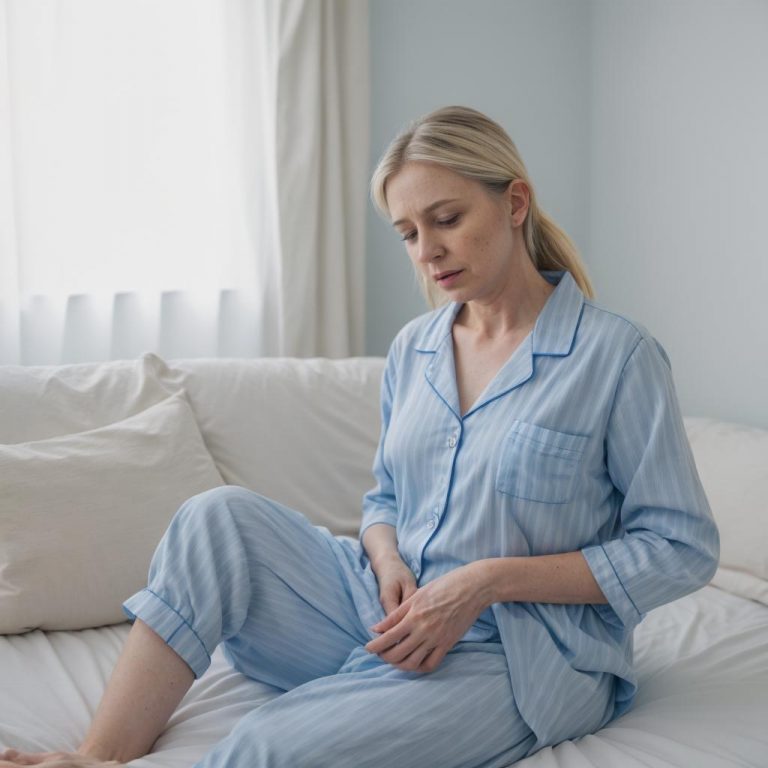

Understanding the link between allergies and fatigue
Allergies are often associated with symptoms like sneezing, runny nose, and itchy eyes.
However, many people overlook the potential connection between allergies and fatigue. Can allergies actually make you feel tired? The answer is yes, and here’s why.
How allergies can lead to fatigue
When your body encounters an allergen, such as pollen, dust mites, pet dander, or certain foods, it triggers an immune response. This response involves the release of various chemicals, including histamine, into your bloodstream. Histamine is responsible for causing common allergy symptoms like inflammation and itching, but it can also contribute to fatigue.
The inflammatory response triggered by allergens can lead to increased production of certain cytokines, which are proteins that regulate immune responses. These cytokines can affect your central nervous system, leading to feelings of tiredness and lethargy. Additionally, histamine can disrupt your sleep patterns by causing nasal congestion, coughing, or itching, which can further contribute to fatigue.
Moreover, allergies can also exacerbate other conditions that may contribute to fatigue, such as asthma or sinusitis. Constant nasal congestion and difficulty breathing can make it harder for you to get a good night’s sleep, leaving you feeling tired and drained during the day.
Identifying allergy-related fatigue
It’s essential to recognize the signs of allergy-related fatigue so that you can address the underlying cause effectively. Some common symptoms include:
Persistent tiredness despite getting enough sleep
Difficulty concentrating or focusing
Feeling irritable or moody
Muscle weakness or aching joints
Headaches
If you experience these symptoms, especially during peak allergy seasons or after exposure to potential allergens, it’s worth considering whether allergies could be contributing to your fatigue.
Managing allergy-related fatigue
Fortunately, there are several strategies you can employ to manage allergy-related fatigue effectively:
Identify and Avoid Triggers: Work with an allergist to identify the specific allergens that trigger your symptoms and take steps to avoid or minimize exposure to them.
Take Medications: Over-the-counter or prescription antihistamines can help alleviate allergy symptoms and reduce inflammation, which may also alleviate fatigue. Nasal sprays and decongestants can help relieve congestion and improve breathing.
Practice Good Sleep Hygiene: Establish a regular sleep schedule and create a comfortable sleep environment free from allergens. Consider using air purifiers or hypoallergenic bedding to reduce exposure to allergens while you sleep.
Stay Hydrated and Eat Well: Drinking plenty of water and maintaining a balanced diet rich in fruits, vegetables, and whole grains can help support your immune system and reduce inflammation.
Manage Stress: Stress can exacerbate allergy symptoms and contribute to fatigue. Practice relaxation techniques such as deep breathing, meditation, or yoga to help reduce stress levels.
Consider Immunotherapy: If your allergies are severe or not adequately controlled with medications, allergen immunotherapy (allergy shots or sublingual tablets) may be recommended to desensitize your immune system to specific allergens over time.
When to see a doctor
If you’re experiencing persistent fatigue despite trying these strategies, it’s essential to consult a healthcare professional. They can help determine whether your fatigue is allergy-related or if there may be other underlying causes that need to be addressed.
In conclusion, allergies can indeed make you feel tired due to the immune response triggered by allergens, which can lead to inflammation, disrupted sleep, and other symptoms that contribute to fatigue. By identifying and managing your allergies effectively, you can minimize fatigue and improve your overall quality of life.



